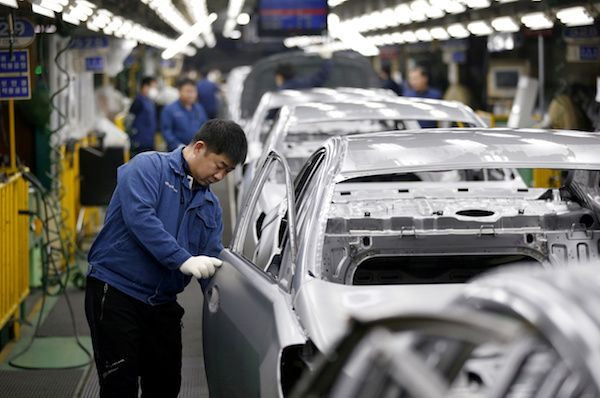Hyundai Building Own Electric Vehicle Batteries In Line With Emissions-Free Vehicle Push

Hyundai Motor is reportedly making its own electric vehicle batteries, according to industry sources.
The Investor reported Tuesday that Hyundai is building its own production lines for automotive batteries in line with its push for emissions-free vehicles. The Korean automaker is said to be setting up the lines within its research lab in the Gyeonggi Province of its home country.
Industry sources told the outlet that Hyundai has been hiring several battery development and production researchers since early this year.
Hyundai’s purpose for its new move is for it to reduce its dependence on other battery suppliers, while also ensuring that it realizes its green-car push sooner rather than later. As of late, the carmaker gets its batteries from SK Innovation and LG Chem.
Sources said the initial production volume of Hyundai’s production line would be lass than 1 Gwh, which will be enough to power around a hundred of vehicles per year. Meanwhile, mass-market adoption is predicted to happen in about two years starting with hybrid cars that use low-density batteries.
Hyundai is reportedly not only building electric vehicle batteries for its own consumption. The company is also said to be marketing its new product to multiple equipment makers.
A spokesperson for the company has admitted that Hyundai is indeed building battery production lines. However, he denied the rumored plans for the company to just use the EV batteries for its own vehicles.
Hyundai appears to be jumping the EB batteries bandwagon among carmakers these days. The Korean brand needs to catch up to Japanese companies Toyota and Nissan who already own their battery-making units. Germany’s BMW is also operating its own battery cells production lines.
The news about Hyundai’s plan comes a day after Electrek revealed how the oil industry is starting to feel the effects of the rapid electric car adoption in Norway, which is already far ahead than most countries when it comes to EV adoption.
© Copyright IBTimes 2025. All rights reserved.



















